Last updated: August 2025
No joke—hiking is far from just a casual stroll. Whether you’re powering through a tough day trail or tackling a multi-day trek, your body is the engine that carries you. And like any high-performance machine, it runs best on the right fuel. That’s where hiking nutrition comes in.
This guide breaks down what to eat before hitting the trail, how to refuel while hiking, and how to recover afterward. You’ll also find hydration tips, macro balance, snack ideas, and food suggestions that still taste great beyond mile 10.
Table of Contents
*This post may contain affiliate links. If you use them, I may earn a small commission at no extra cost to you.
Why Hiking Nutrition Is Important
In general you should take care of you health and follow a healthy diet with a good amount of fruits and vegetables and avoiding excessive fats and sugars. However, when hiking your diet matter even more.
Hiking burns more calories than most people realize. A moderate 2-hour hike can burn 500–800 calories. On multi-day treks, you could be burning anywhere from 3,000–6,000+ calories daily.
- Poor nutrition = fatigue, brain fog, cramps, dehydration, and higher risk of injury.
- Good nutrition = endurance, mental clarity, and a more enjoyable hike.
Real talk: I once crashed halfway up a mountain because I only brought granola bars. Lesson learned—pack variety, pack enough, and eat consistently.
🥣 What to Eat Before a Hike (1–2 Hours Before)
Your pre-hike meal sets the foundation. Go for complex carbs for steady energy, some protein for blood sugar stability, and light fats. Avoid heavy, greasy, or overly fibrous meals (no one wants an urgent bathroom break on the climb).
Best Pre-Hike Foods:
- Oatmeal with banana & peanut butter – Balanced carbs, protein, and fat
- Whole grain toast with avocado & eggs – Great for early hikes
- Greek yogurt with berries & granola – Quick and easy
- Smoothie with fruit, spinach, and protein powder – Light but nutrient-packed
💡 Pro tip: Drink 16–20 oz of water at least 30 minutes before starting.
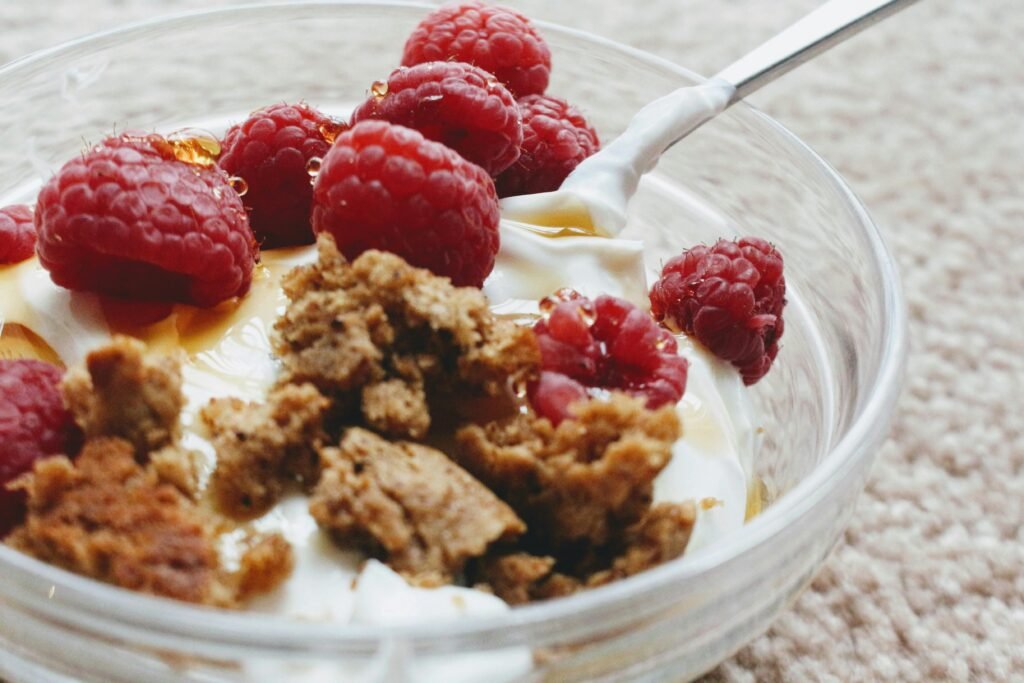
🥾 What to Eat During the Hike
On the trail, your body needs quick carbs for energy, plus some protein and fats for lasting fuel. Electrolytes are essential, especially in heat or high altitudes.
Trail Food Essentials
Eat every 60–90 minutes on longer hikes.
✅ Best Trail Snacks:
- Trail mix – Classic mix of nuts, dried fruit, chocolate
- Energy bars – RXBAR, Clif Bar, LÄRABAR
- Beef/turkey jerky – Protein and salt boost
- Nut butter packets – Justin’s or RX Nut Butter
- Crackers or pita with hummus – Savory switch-up
- Fruit leather or dried mango – Natural sugar hit
- Hard cheese/Babybel – Great for cool-weather hikes
More on hiking snacks: The Ultimate Guide to the Best Trail Snacks
🍬 Quick Energy Boosters:
- Gummy bears or jelly beans – Fast carb shot
- Honey or maple syrup packets – Quick-burning energy
- Electrolyte chews/tablets – Nuun, Liquid I.V.
💧 Hydration Tip: Sip water often. Add electrolytes on hot/long hikes. Dark yellow urine = dehydration.
🍲 What to Eat After the Hike (Recovery Meal)
You’ve pushed your body—now give it what it needs to bounce back. Recovery meals should have protein (muscle repair), carbs (refill glycogen), and fluids/electrolytes.
Best Recovery Meals:
- Grilled chicken with quinoa & veggies
- Rice bowl with tofu, broccoli & peanut sauce
- Tuna sandwich on whole grain + fruit
- Protein smoothie with banana, spinach & almond milk
🧊 Optional: Add turmeric or ginger—natural anti-inflammatories for soreness.
⏱️ Timing: Eat within 60 minutes for best recovery.
🧳 Sample Hiking Meal Plan (Day Hike)
| Time | Meal / Snack |
|---|---|
| 7:00 AM | Oatmeal with banana & PB |
| 9:00 AM | Start hike + 16 oz water |
| 10:30 AM | Trail mix & energy bar |
| 12:00 PM | Tuna wrap + fruit leather |
| 1:30 PM | Nut butter packet + crackers |
| 3:00 PM | Gummy bears + Nuun in water |
| 4:30 PM | Post-hike meal (grilled chicken bowl) |
🥄 Tips for Longer Treks (Multi-Day)
- Balance carbs, protein, and fat at each meal
- Freeze-dried meals: Lightweight & filling (Mountain House, Backpacker’s Pantry, Good To-Go)
- Pack calorie-dense foods: peanut butter, olive oil, trail mix
- Pre-portion snacks by day to stay consistent
- Bring a multivitamin to cover nutrient gaps
🧂 Essential Nutrition Gear
- Collapsible bowl & spork – For quick meals
- Insulated food container – Keeps food warm
- Portable stove – Great for hot meals (Jetboil recommended)
- Food storage bags – Keep food sealed & critter-safe
- Bear canister/hang bag – Required in bear country
Final Thoughts
Hiking nutrition isn’t about complicated diets—it’s about fueling intentionally. The right trail food helps you go farther, feel better, and stay safe.
Whether you follow this meal plan or build your own, remember: pack food you actually enjoy, keep it balanced, and stay hydrated.
For more related content check:
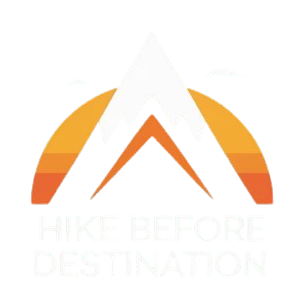
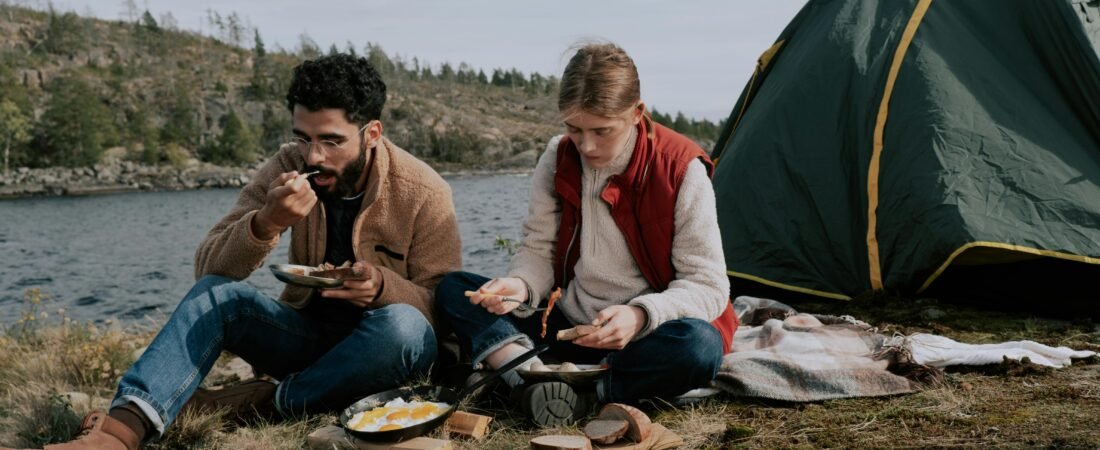
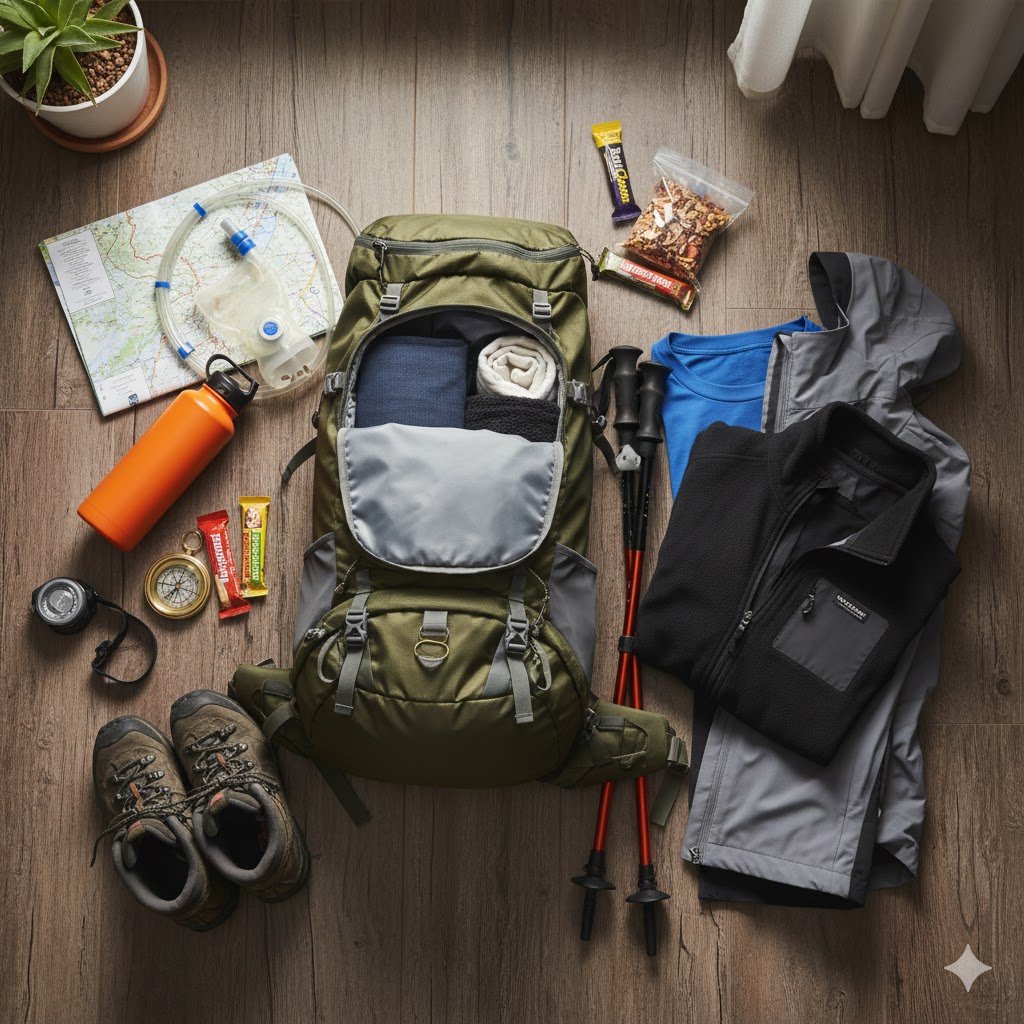

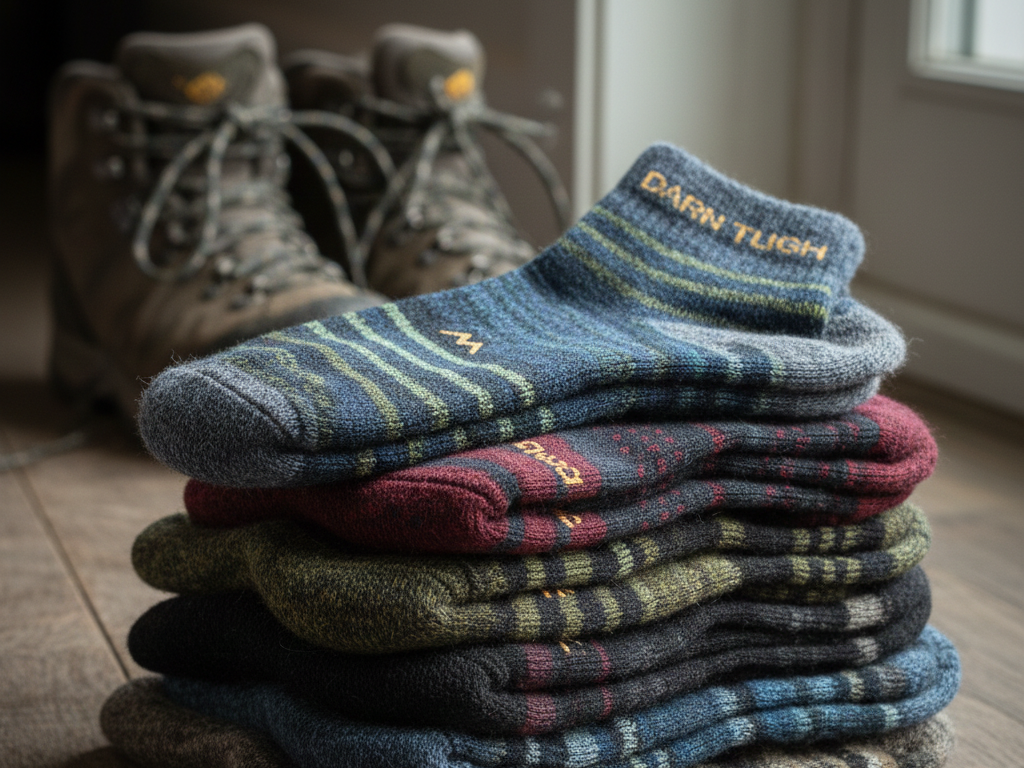
Leave a Reply